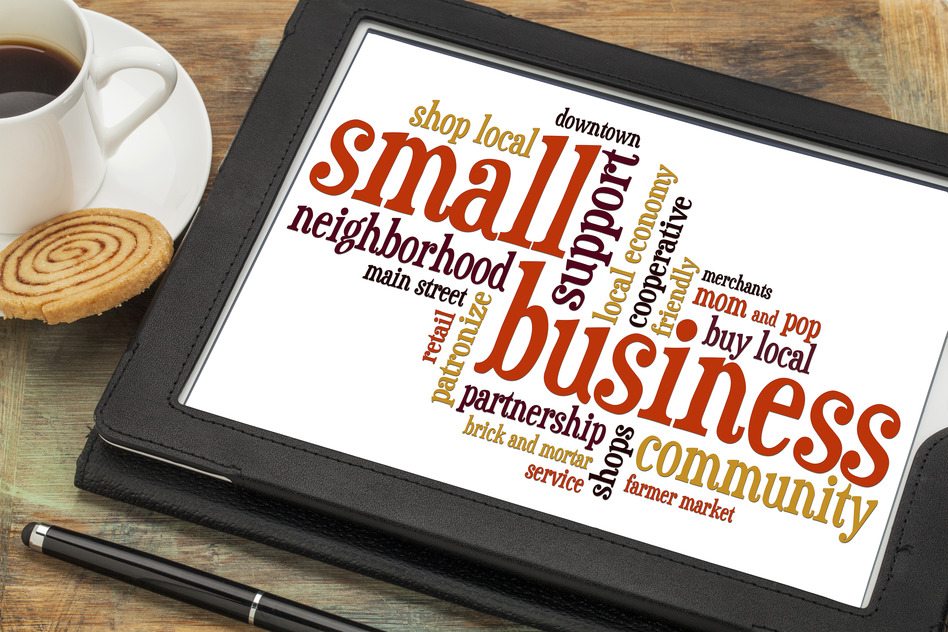Without a substantial amount of working capital to draw on, small business owners often find themselves turning to credit to get their startup off the ground or simply stay afloat financially as they build their enterprise. Vendor credit, small business loans and credit cards are all good ways to establish a solid credit profile but maintaining it is often easier said than done. When your business credit takes a hit or you overextend yourself, it can spell disaster for your fledgling venture. If you’re planning to start a small business or you’ve got one that’s already up and running, here are five credit mistakes to avoid.
1. Blending your personal and small business credit history
One of the most common errors that new entrepreneurs commit is using their personal credit to finance their small business. The problem with doing so is that if you fall behind on payments to a debt that’s tied to your small business, it shows up as a black mark on your personal credit history. If you end up getting sued over a delinquent debt or you find yourself in a situation where bankruptcy is in the cards, your credit takes a direct hit.
The smarter move is to establish separate credit profiles for your small business through companies like Dun & Bradstreet or Experian. That way, if you open a business credit card or a vendor grants you a line of credit, your balances and payments will be accurately reflected. If you decide to apply for a sizable loan down the line, you’ll be able to show lenders that you’re responsible when it comes handling business credit, which could increase the chances of getting approved.
2. Choosing the wrong business credit card
Business credit cards are an excellent way to build credit history and even earn some rewards along the way but they’re not created equally. When you’re comparing cards, the most important things to pay attention to are the rewards structure and the fees involved. For instance, it doesn’t make sense to choose a card that pays you cash back at office supply stores if you’ll be using it primarily for business travel. Similarly, if a card has a hefty annual fee it can easily outweigh the value of any rewards you’re earning if you don’t use it regularly.
The other thing to watch out for is business cards that report account activity on your personal credit history. If you’ve got a business account with Capital One and Discover, for example, you can expect your information to carry over. American Express, Chase and USBank, on the other hand, don’t share information on your personal report unless you’re late on making payments. Again, you’re better off making sure your activity on your business accounts doesn’t inadvertently impact your personal history.
3. Relying too heavily on plastic
Credit cards are certainly a convenient way to pay for the things your small business needs but they can quickly become a trap that’s difficult to fight your way out of. If you’re not able to pay the balance off each month, you risk spending a lot more to clear the debt if the card has a high interest rate attached. Not only that, but you’re putting your business credit in danger if you’re using too much of your credit line.
One of the things lenders consider when reviewing a small business loan application is your debt utilization ratio. This is the amount of debt you owe compared to your total available credit limit. If you’ve managed to run up high balances on multiple cards and you’ve got very little room left to borrow, it’s highly likely that it will work against you when you try to obtain additional financing.
4. Failing to negotiate the terms of a personal guarantee
When a bank agrees to lend you money, there are typically a number of conditions you must agree to, including offering a personal guarantee. When you make this kind of commitment, you’re putting your assets on the line in the event that the business isn’t able to satisfy its financial obligations. Essentially, the bank is able to hold you personally liable for paying off the loan and in some situations, your spouse may also be held accountable.
If you’re asked to sign personal guarantee, you shouldn’t rush into putting your name on the dotted line. Instead, you should attempt to negotiate the terms of the agreement with the lender so they’re as favorable as possible for both sides. Asking them to limit the guarantee to a specific percentage of the debt or requesting that certain assets, such as your home, be excluded reduce your liability so you don’t end up losing everything if the business goes under.
5. Paying bills late
Your payment history has a significant effect on your personal credit and the same is true for your small business. If you’re constantly behind on your payments to vendors or credit card issuers, for example, they may decide to reduce your credit line or cut you off altogether. Not only that, but you’ll also have to contend with late fees and your interest rates could also be increased. While the fees and interest are deductible as business expenses, the amount you can write-off really isn’t worth the damage that paying late can cause to your credit.
What’s holding you back from starting a business?





I wish I had had all this information before I started my business.